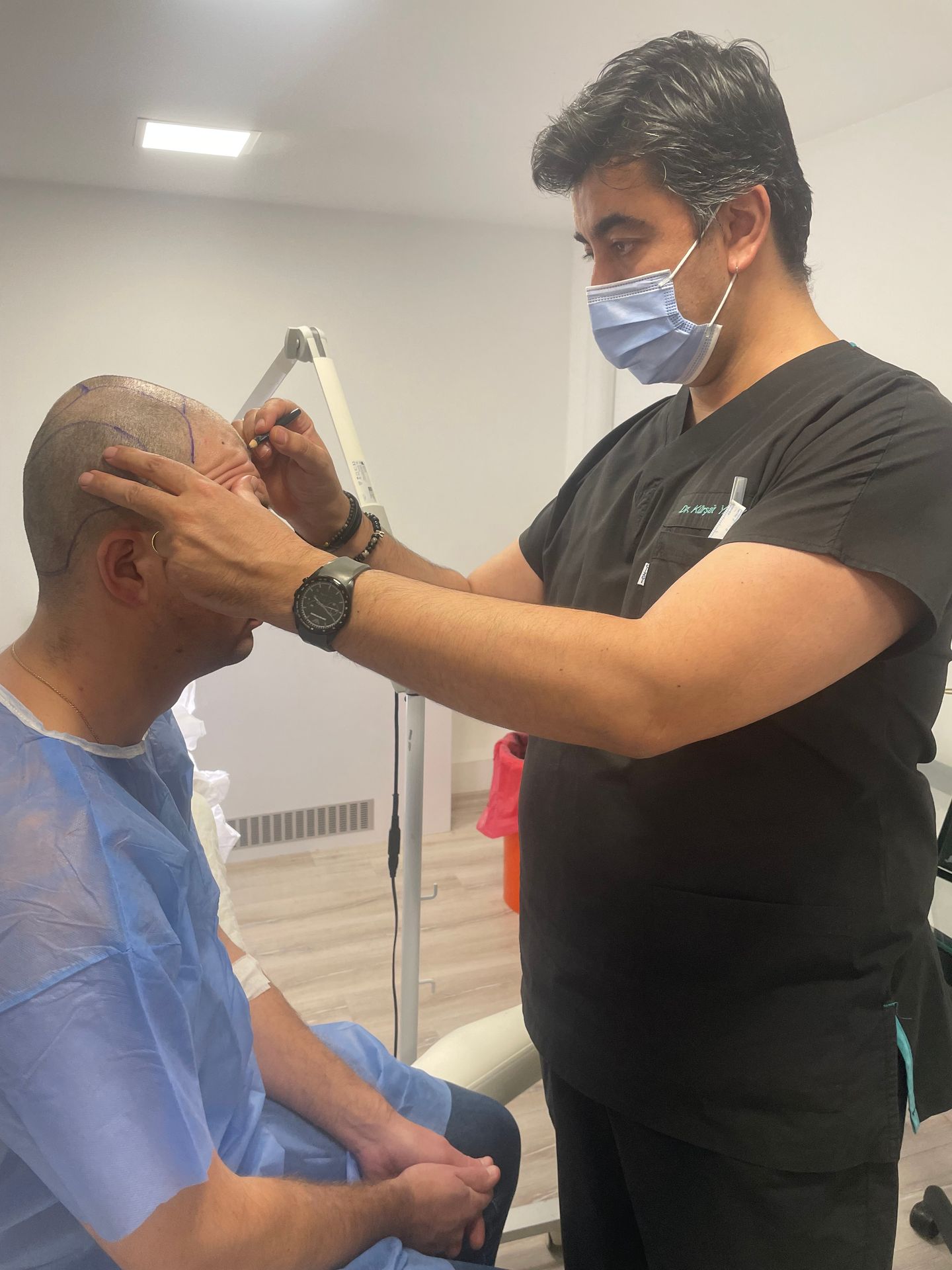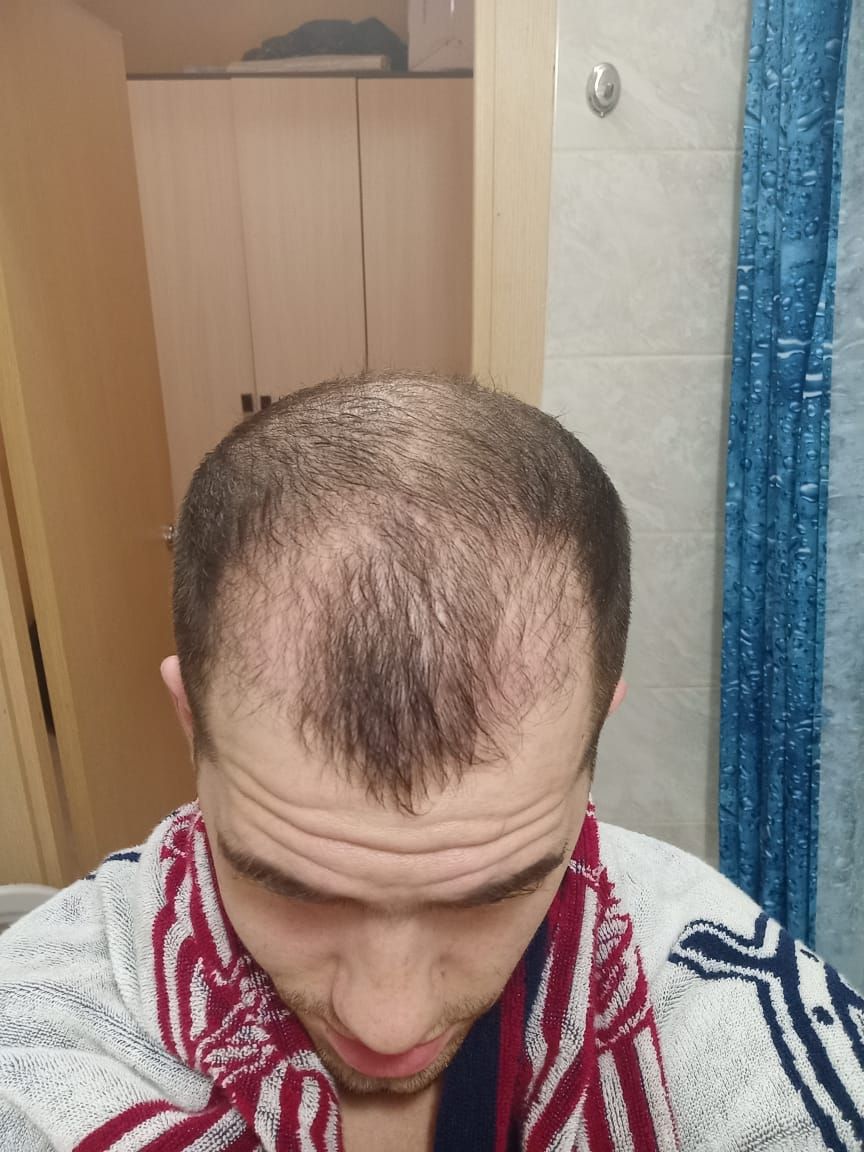10 things to consider before getting a hair transplant.
Considering a hair transplant is a big decision that requires careful thought and research. It's important to weigh the pros and cons and understand what to expect before undergoing the procedure. Here are 10 things to consider before getting a hair transplant:
1. Hair Loss Pattern
Before deciding on a hair transplant, it's crucial to understand your hair loss pattern. Not all types of hair loss are suitable for transplantation, so consulting with a qualified professional to assess your specific situation is essential.

2. Eligibility
Not everyone is a candidate for a hair transplant. Factors such as age, overall health, and the extent of hair loss will determine your eligibility for the procedure. A thorough evaluation by a specialist is necessary to determine if you are a suitable candidate.

3. Expectations
Having realistic expectations is key. A hair transplant can improve the appearance of thinning or balding areas, but it's important to understand that it may not result in a natural density. Hair transplant result depends on your baldness stage and donor material quality. Discussing your expectations with a specialist will help manage your hopes for the outcome.

4. Procedure Options
The most advanced technology of hair transplant is follicular unit extraction (FUE). There is a submethod of FUE called DHI, which is sometimes mistakenly discussed as a separate technique, but it really is just a technique of grafts implantation and not an extraction technology, so when DHI is performed, graft extraction is done using FUE. Each channel opening technique has its own advantages and considerations. You have to discuss your options with a specialist, who can explain if it s better to implant your hair using Choi implanters (DHI) for better placement between existing hair or stick to a classic channel opening technology to achieve better hair direction performance and natural looking hairline.

5. Researching Surgeons
Research the qualifications and experience of potential surgeons, and look for before-and-after photos of their previous work. A skilled and reputable surgeon can make a significant difference in the success of your hair transplant. Be aware of dozens of fake instagram doctors and self proclaimed professors. Don't trust the "specialists" who tell you what you want to hear - who promise you absolutely natural density, donor hair regrow on donor zone, 7.000 grafts per one FUE session and other miracles. Stick to the doctors who tell you the truth and don't try to misinform you just for getting income from you.

6. Risks and Complications
As with any surgical procedure, there are risks and potential complications associated with a hair transplant. Understanding these risks and discussing them with your surgeon is important in making an informed decision about moving forward with the procedure.
7. Recovery Process
It's essential to be aware of the recovery process and the time it takes to see the final results. Understanding the post-operative care and potential downtime can help you plan accordingly and manage your expectations during the recovery period.

8. Cost Considerations
The cost of a hair transplant can vary depending on the extent of the procedure and the clinic, country or surgeon chosen. You can contact us to get a quote and additional information about our services.
9. Long-Term Maintenance
While a hair transplant can provide a permanent solution to hair loss in many cases, it's important to understand that ongoing maintenance may be required to preserve the results. Each case is individual and requires consulting a specialist.
10. Emotional Impact
Lastly, it's important to consider the emotional impact of a hair transplant. While the procedure can boost self-confidence and improve self-image, it's important to address any emotional concerns and have a realistic understanding of the psychological effects of the surgery. Consider having a friend or spouse by your side as emotional support. But if you re coming alone, be sure that our team of translators are there for you not only for the translation but for emotional support and help.

If you have any questions, feel free to contact us.
With Love,
Bellus Team
